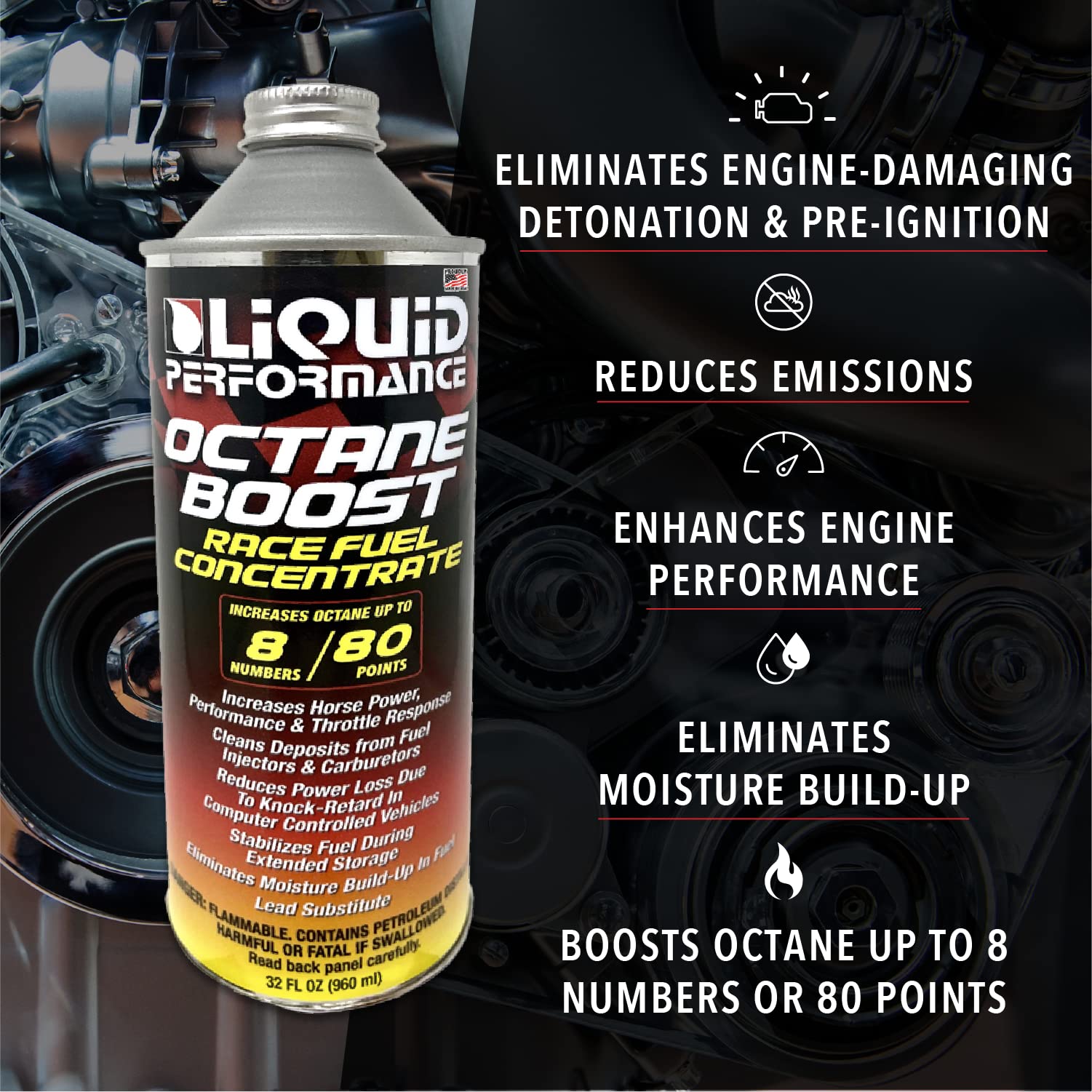In the adrenaline-fueled world of high-performance racing, every drop of fuel counts. The pursuit of speed and power has long been synonymous with octane ratings and horsepower gains. However, beneath the glossy sheen of performance lies a hidden truth – the ecological cost of high-octane racing fuel.
Traditionally, octane has been the holy grail of racing fuel, touted for its ability to resist engine knock and optimize performance. But as the world grapples with the realities of climate change and environmental degradation, a closer examination reveals the true impact of these high-octane blends.
At the heart of the issue is the production process. Conventional racing fuels, often derived from fossil fuels, undergo intensive refining processes that release significant amounts of greenhouse gases into the atmosphere. From extraction to distribution, each step of the supply chain contributes to carbon emissions, further exacerbating climate change.
But the environmental toll doesn’t stop there. High-performance racing engines, tuned to run on these specialized fuels, often operate at higher temperatures and produce greater emissions compared to their conventional counterparts. This heightened output of greenhouse gases not only contributes to global warming but also degrades air quality, posing health risks to both spectators and participants alike.
Enter Boostane – a revolutionary additive designed to enhance the performance of racing fuels while minimizing their environmental impact. By harnessing the power of innovative chemistry, Boostane boosts octane levels without the need for excessive refining processes, thereby reducing carbon emissions associated with fuel production.
But the benefits of Boostane extend beyond its environmental credentials. By optimizing combustion efficiency, Boostane helps engines run cleaner and more efficiently, leading to reduced emissions and improved fuel economy. This not only translates to lower operating costs for racing teams but also promotes sustainability within the motorsports industry.
Moreover, Boostane’s versatility makes it a viable solution for a wide range of applications, from professional racing circuits to recreational motorsports. Whether it’s drag racing, drifting, or time attack events, Boostane empowers enthusiasts to push the limits of performance without compromising the planet’s well-being.
However, the journey towards sustainable racing fuels is not without its challenges. Despite the promise of alternatives like Boostane, widespread adoption within the racing community remains a hurdle. Overcoming entrenched attitudes and industry norms will require concerted efforts from stakeholders across the board.
Educating drivers, teams, and event organizers about the environmental benefits of cleaner-burning fuels is crucial in fostering a culture of sustainability within motorsports. Additionally, incentivizing the use of eco-friendly alternatives through regulations and incentives can accelerate the transition towards greener racing practices.
In conclusion, the shift from octane to carbon represents a paradigm shift in the world of high-performance racing fuel. By embracing innovations like Boostane, we can reconcile our passion for speed with our responsibility to protect the planet. Together, let us drive towards a future where performance and sustainability go hand in hand on and off the racetrack.



